If ever there were a hill to die on, this age-old debate would be many Avatar fans’ final stand. Seemingly since Avatar: The Last Airbender premiered on Nickelodeon in 2005, the above question has haunted web forums and con halls alike.
Avatar introduced many to animation and for some even legitimized its place on our screens. While anime has influenced Western animation for years, Avatar felt like it had something more in it. Conventions of anime are apparent in Avatar. Beach episodes and tournament arcs, character archetypes, the power of friendship, teenagers toppling empires, and the Avatar state is like a super Saiyan-esque transformation sequence when you think about it. But influence and homage alone do not make an anime.
A years-old debate
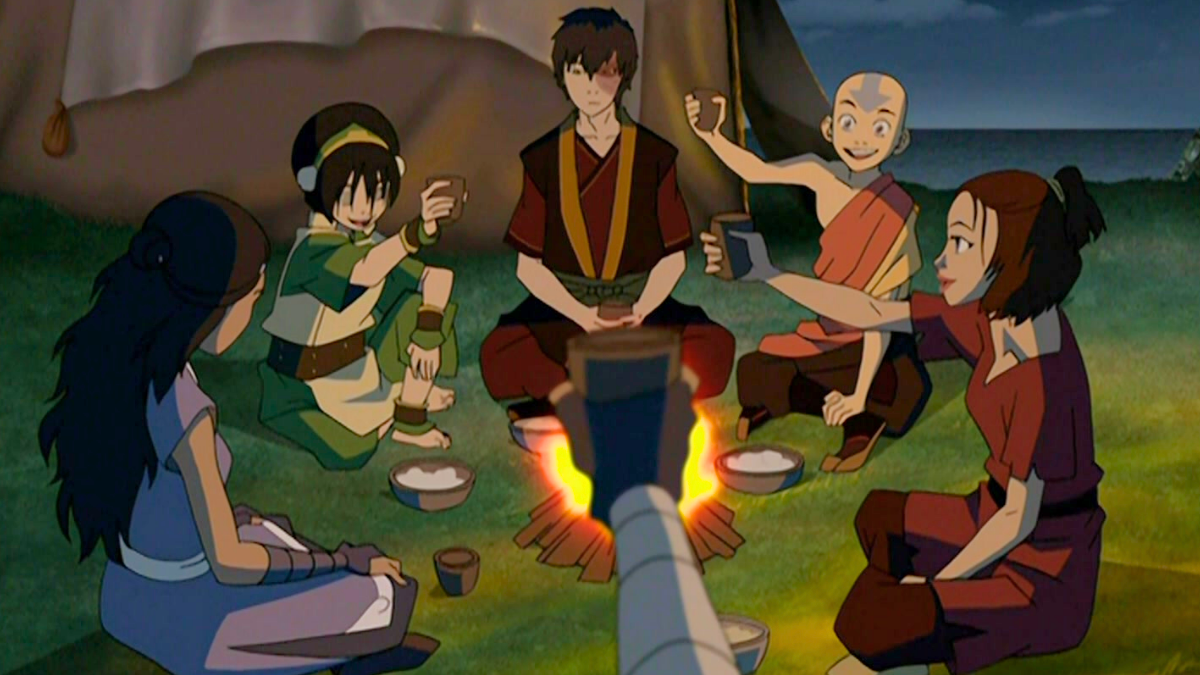
At its core, this question isn’t about Avatar. It’s about anime, and you know what that means ⏤ we have to define what an anime is.
Merriam-Webster defines anime as “a style of animation originating in Japan that is characterized by stark colorful graphics depicting vibrant characters in action-filled plots often with fantastic or futuristic themes.” The Wikipedia page for anime says it “is hand-drawn and computer-generated animation originating from Japan.” And the Cambridge dictionary‘s definition is: “Japanese films made using characters and images that are drawn rather than real, or one of these films.”
These all emphasize that anime originates in Japan, though the word itself is actually just a shortened form of the English ”animation” used to describe all animation in Japan.
More importantly, though, it should be understood that anime is a medium, not a genre, and not some singular art style. Anime itself is an umbrella term that encompasses multiple different genres from body horror to slice-of-life comedies.
Hence why arguments that Avatar is like an anime don’t cut it. A live-action movie could have a tsundere with some cool power-ups that fights in a tournament arc and stops a global war, but we wouldn’t ask if it’s literally anime.
But anime is animation, right? Well, are “cartoon” and “anime” so easily interchangeable?
It is animation but it has a center of origin that Avatar does not share, even if it has been inspired by anime series that came before it. There’s a reason that there are separate terms for manga, manhua, and manhwa. Although, stylistically, Avatar seems to have more in common with anime than cartoons, it nevertheless can’t strictly be called an anime.
A Redditor threw their two cents into the debate saying:
In the same comment section, another Redditor argued origin does not matter. They defended that “geographical location which the show came from has no direct causation on which classification the show should hold.” However, that misses the point that we’re not just talking about a geographical origin but a whole cultural context in which “anime” is inserted. You don’t go to Japan to eat authentic Mexican food just as you don’t go to Mexico thinking it’s there you’ll find the most authentic sushi restaurant. It’s not like you can’t do that, you’re free to do so, but your reason would be based on some fallacy and it would be missing the point.
Avatar is the center of this debate because it straddles the line between anime and cartoons. But while it may blend in among the crowds of Anime Expo and would be right at home on Crunchyroll, Avatar would still be a cartoon, and it wouldn’t be any lesser for it.
That being said, the Avatar franchise goes beyond being only a cartoon now. Over a decade ago, there was a massively disliked live-action film released, and now, on Feb. 22, 2024, Netflix is releasing its live-action series which will hopefully prove that adapting the world of Avatar: The Last Airbender in a non-animation format is possible. Regardless of whether one thinks it to be a cartoon or an anime, many of us will always be nostalgic for the adventures of Aang and his friends.

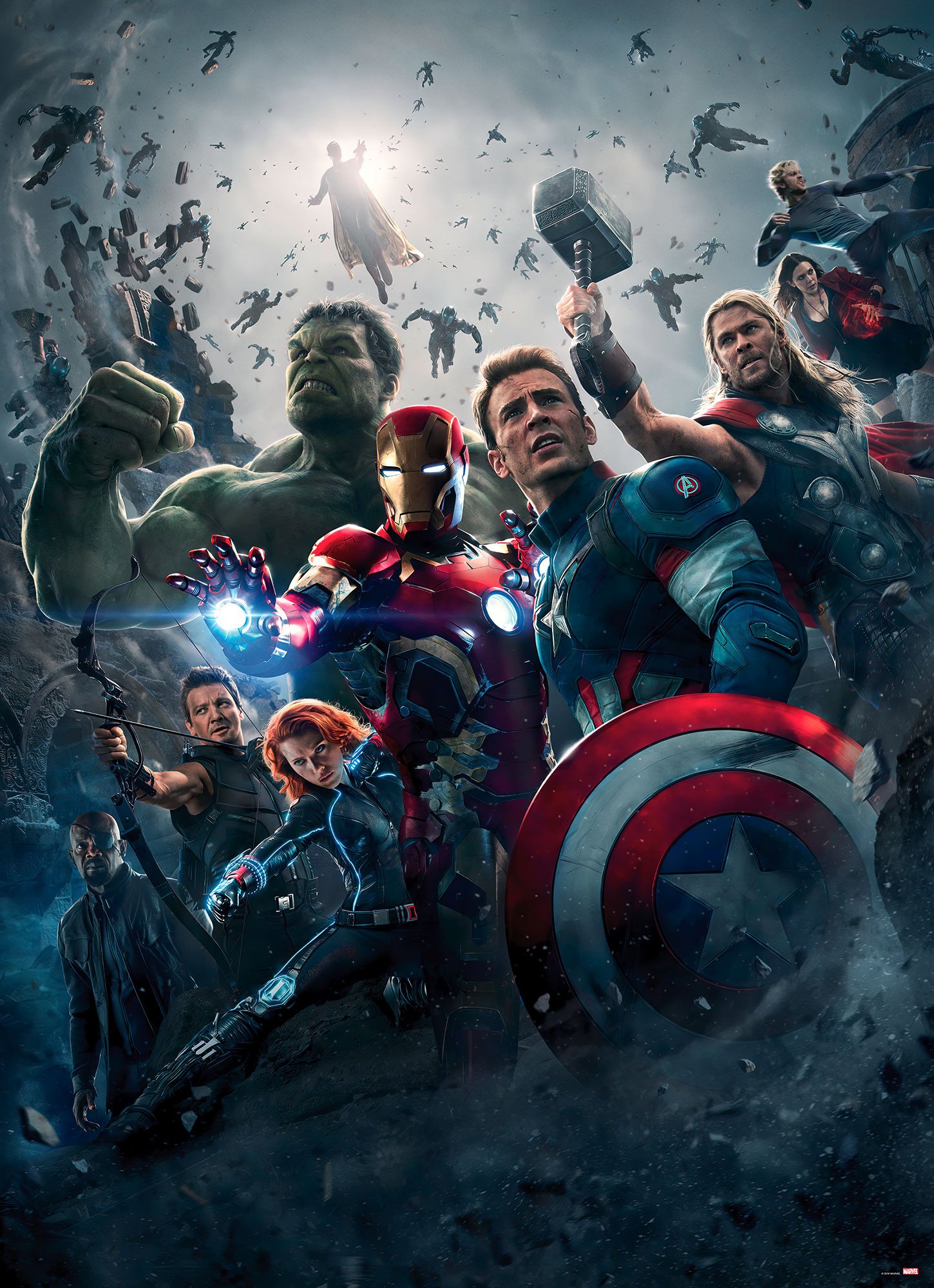
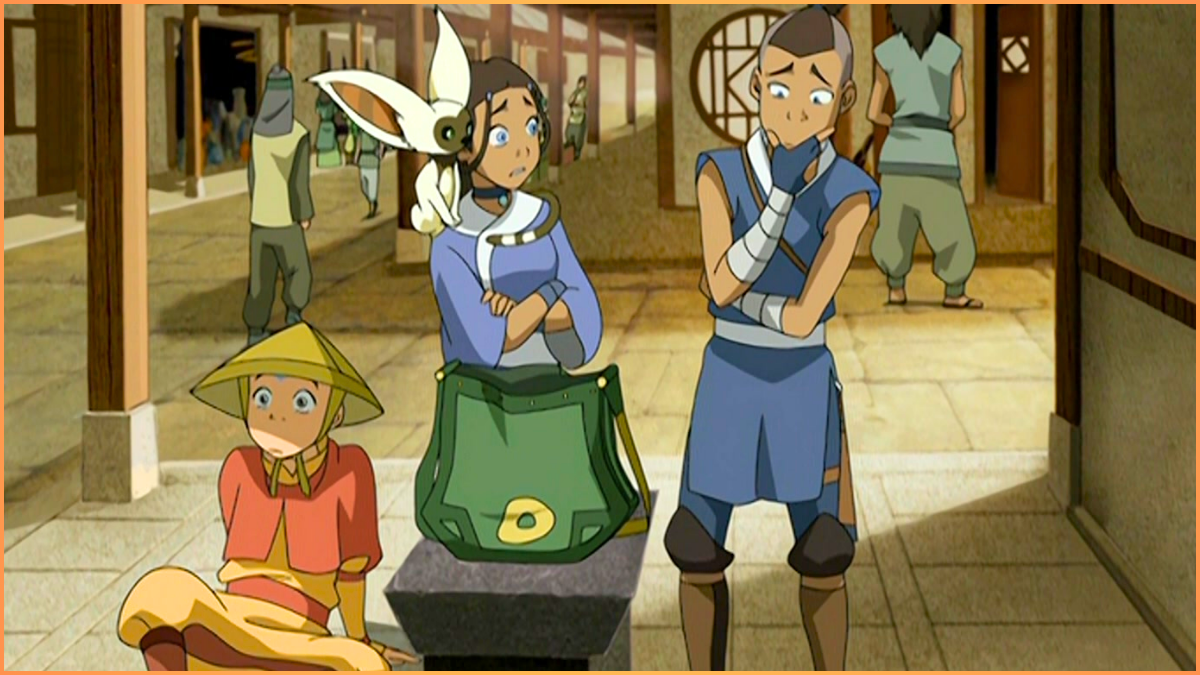

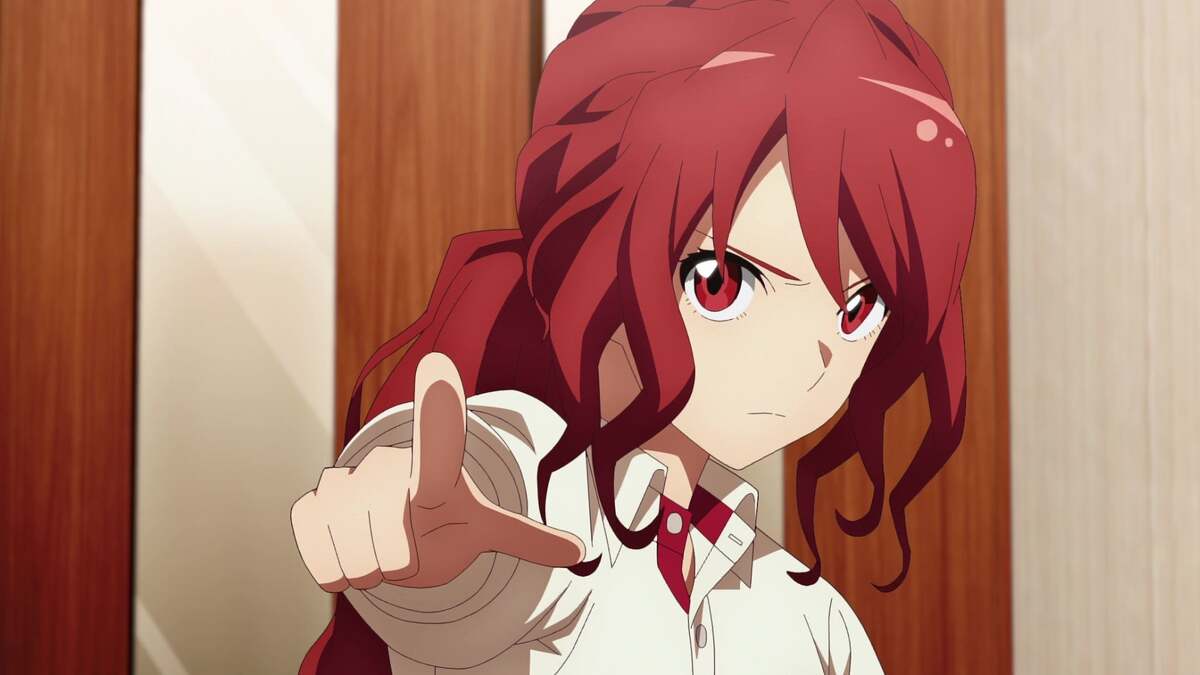
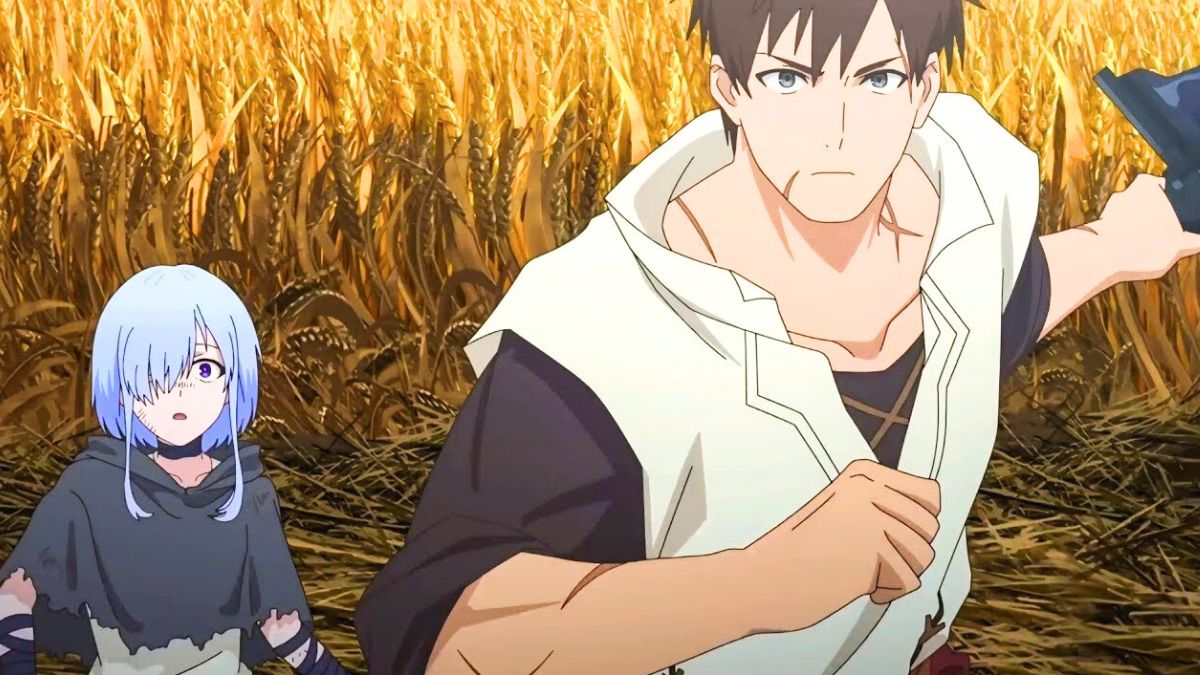
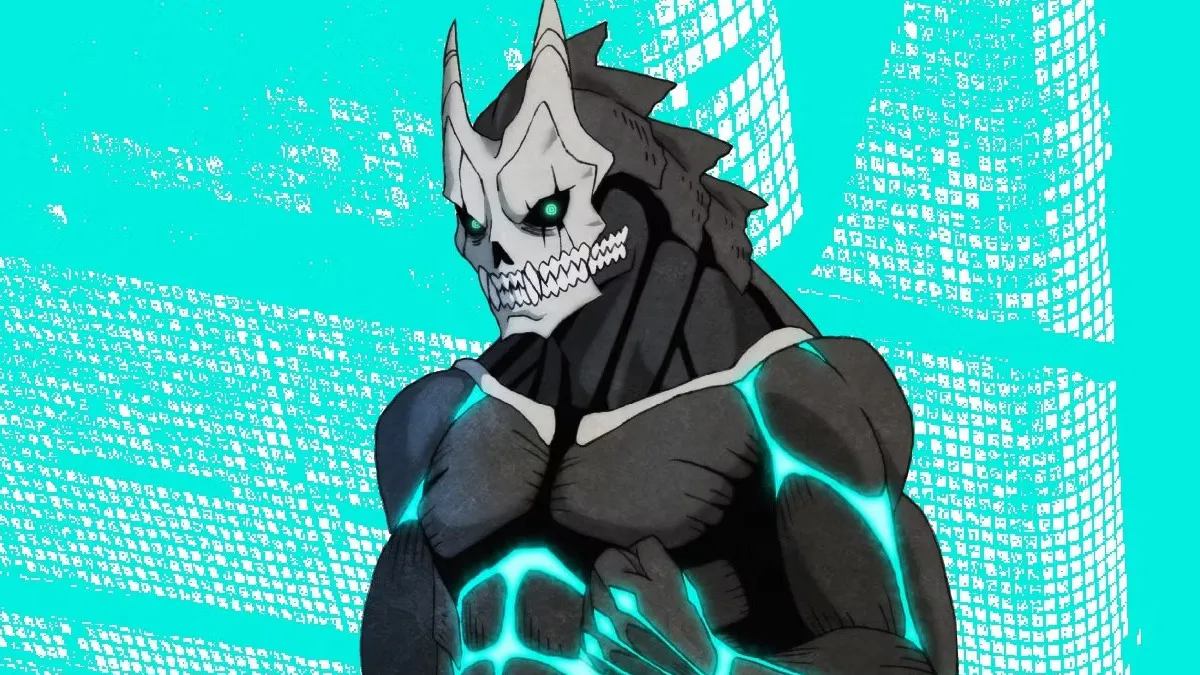
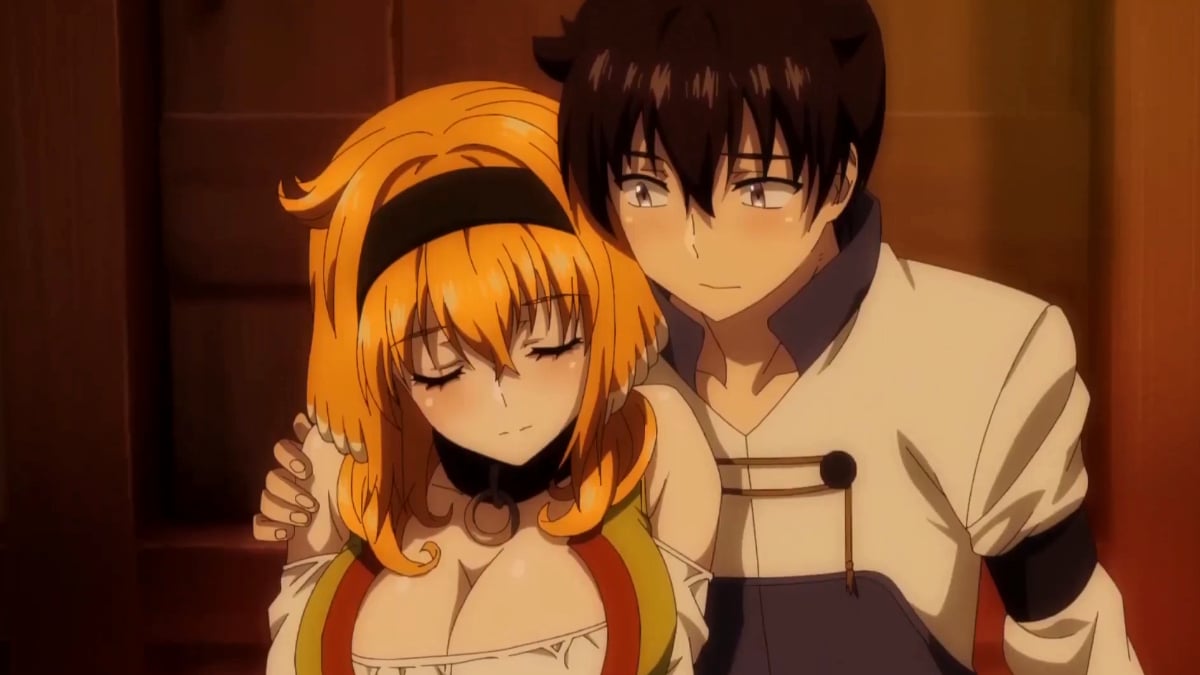
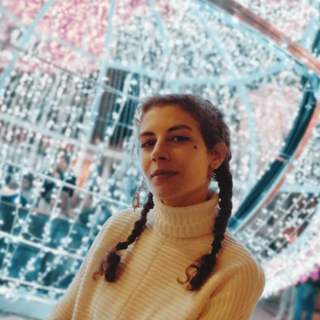
Published: Jan 29, 2024 06:59 am